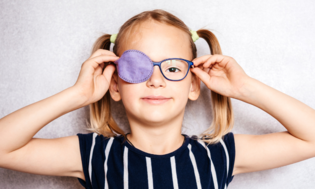Eye Health and Diseases Specialist Op. Dr. Ömer Takeş at the Private Eye Health, Diseases and Surgery Practice in Alsancak, Izmir; Cataract, Smart Lens; Trifocal Lens, Laser Surgeries; It serves its patients in Femto-Lasik, Relex Smile, PRK, Lasek, No Touch-Laser, ICL Surgery, Pterygium Surgery, Vitreoretinal Surgery and Eyelid Aesthetics.






























